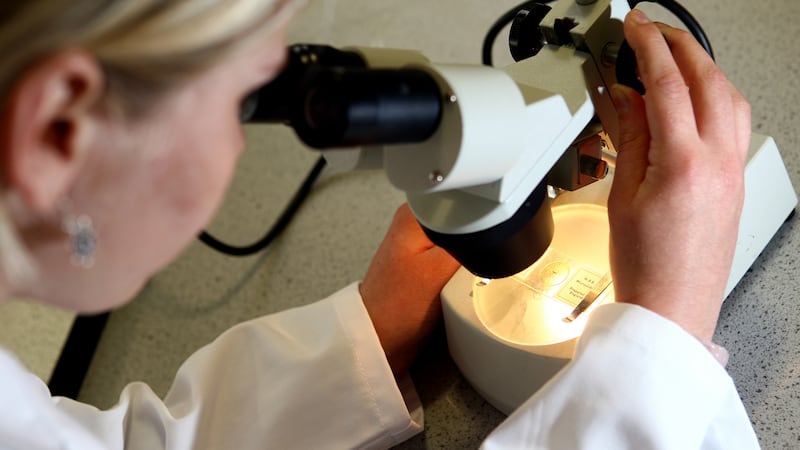EVENTS have been moving rapidly in the Ukraine with western powers alarmed by President Putin's military intervention trying to come up with an effective response. So far the Russian president appears immune to threats of sanctions and the sharp disapproval of fellow members of the G8.
But there is no doubt this is a significant test of the EU and Us, faced with an act of aggression by a world power and key trading partner.
Mr Putin has acted following weeks of turmoil in the Ukraine, which led to pro-Russian president Viktor Yanukovych fleeing the country.
He wasted little time, sending troops into Crimea, surrounding military bases and occupying airports. A ferry terminal in Kerch has also been taken over, heightening fears of a further Russian build-up.
In response, Ukraine's interim government has ordered a full mobilisation and appealed for western help, although options here may be rather limited.
It is a fast-developing situation that has so far not resulted in bloodshed, but matters are clearly finely balanced with reports of a surrender ultimatum being issued to Ukrainian forces in Crimea.
Mr Putin has insisted that Russia has a right to protect its interests and those of Russian-speakers in Crimea. Nearly 60 per cent of the regions's residents identify themselves as Russian so in this area, at least, he can rely on support.
He also sees this as an opportunity. Russia has strong strategic reasons for reclaiming Crimea, part of its territory until 1954 and where Russia's Black sea fleet is stationed. The question now is what the EU and Us propose to do about this deepening crisis. Sanctions are an option but there are economic risks for Europe.
Global financial markets also reacted unfavourably to the uncertainty.
A swift de-escalation of the crisis is required with a diplomatic solution the best option.

